Percentage of black residents in Ferguson, Missouri: 67 Of black police officers: 5.7 Percentage of traffic stops targeting black residents in Ferguson: 86 Of arrests: 93 Distance in miles from Ferguson to St. Louis suburb of Ladue: 10 Rank of …
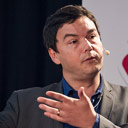
Why don’t popular economic ideas become policy?

Lane Kenworthy delivers a crisp manifesto for an “American” version of social democracy. But can his vision transcend Republican extremism, union decline, and our country’s racial heterogeneity?
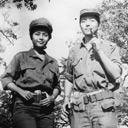
As gross human rights violations against the country’s ethnic groups continue, can peace and democracy really take hold?
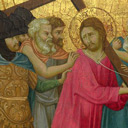
Secularists must concede the futility of attempts to find a substitute for God.
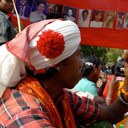
A series of novels captures the moral and political ambiguities of India’s Maoist insurgency.

It’s astonishing how little people know each other, even old friends. . . .
Scenes from the novel Florence Gordon.
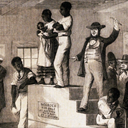
Witchcraft and racecraft—unlike witches and race—are things that actually exist.
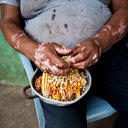
Over decades, U.S. multinationals have developed a formidable arsenal of legal tactics to escape accountability abroad.
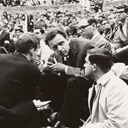
Saint, saboteur, or square? Fifty years after the Free Speech Movement, a look back at its charismatic leader.
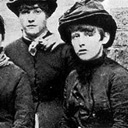
George Gissing’s novel captured our two-steps-forward, one-step-back journey to the “new” woman and man.
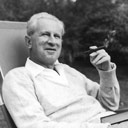
In the decades following the New Left’s collapse, has the stature of any intellectual fallen more dramatically than that of Herbert Marcuse?

When changing the very mechanisms for change is off-limits . . .
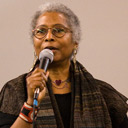
Not every novel that concerns itself with the lives of women is a feminist novel.
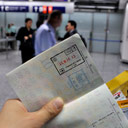
Until recently, becoming a citizen of a country has largely been regarded as priceless—a rare intangible privilege that can’t be bought or sold. This perception is starting to fade.




















